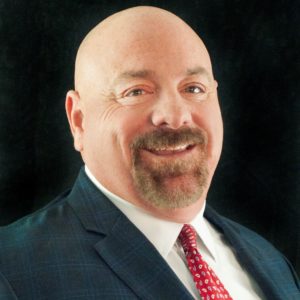Report: Patient engagement has a long way to go
Providers still have an uphill battle when it comes to patient engagement, and technology may not be a silver bullet for the silver demographic, according to a Frost & Sullivan survey.
Only 21 percent of the 1,500 adults surveyed said they felt “very engaged” in their own healthcare. A whopping 69 percent said they were “somewhat engaged,” “not very engaged” or “not at all engaged,” while also admitting they weren’t very worried about their current health.
The report, “Creating a culture of health—A 2015 survey of US consumers: Benchmarking consumer attitudes on health and wellness along the road to patient engagement,” also shows key generational differences in the acceptance of healthcare technology. The majority of respondents fell into the age bracket of 26-65. The older the respondents, the less likely they were to be engaged with mobile apps. Only 15 percent of older consumers believed mobile apps were effective as health tools, while 62 percent of younger respondents embraced them.
What motivates people to be more proactive about their health and to make changes in their lives? It’s not always because the doctor tells them to change. The desire to feel better was the No. 1 reason across all age groups, while the desire to look better came in second among younger respondents and third among older adults.
Positive reinforcement and incentives (coupons for beauty products for quitting smoking, for example) can go a long way to embrace the natural desire to be more vibrant and attractive, Nancy Fabozzi, principal analysts for Connected Health and author of the report, told Long-Term Living. “There are lots of ways to tap into the desire to look better,” she says. “It’s something that we’re reluctant to acknowledge is important.”
Older adults still want to speak directly to their doctors, not communicate by email or text. But, it’s not necessarily because seniors are resistant to technology. “It’s a cultural thing,” Fabozzi says. “That generation grew up with a very different relationship with their doctor and a different understanding of what the doctor’s role is. The younger generation is more digital-native and comfortable with technology. They grew up asking Google everything.”
Older adults are much more skeptical about mobile apps, wearables and other health trackers than younger age groups, which Fabozzi finds frustrating. “For tools like sensors, the people that could benefit from it the most are older people, yet they’re the least willing to believe in it.”
Although the report is not an annual one, the Frost & Sullivan team may pursue collecting more data over time to track the influences of later generations, Fabozzi says. “It would be interesting to run this study every year. The millennials are the largest demographic in U.S. history, and their impact is going to be monumental.”

Pamela Tabar was editor-in-chief of I Advance Senior Care from 2013-2018. She has worked as a writer and editor for healthcare business media since 1998, including as News Editor of Healthcare Informatics. She has a master’s degree in journalism from Kent State University and a master’s degree in English from the University of York, England.
Related Articles
Topics: Clinical , Technology & IT , Wearables











